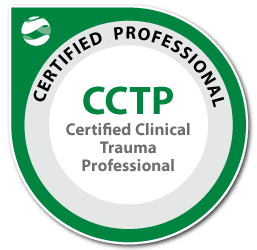If you have experienced a trauma such as exposure to actual or threatened death, serious injury, or sexual violence, either directly or indirectly, and you haven’t felt the same since, you may be wondering whether you should seek professional help. Below are some of the common symptoms of post-traumatic stress disorder (PTSD):
What is PTSD?
Post Traumatic Stress Disorder (PTSD) is a progressively debilitating psychological condition that occurs after a traumatic experience. It can show up immediately or months later. Its most common symptoms include, but are not limited to: unexplained fears, anxiety, nightmares, memory loss of past events, emotional numbness, difficulty connecting with others, depression, difficulty thinking, avoidance of situations similar to the original trauma, flashbacks, unexplained crying, difficulty managing your life, unexplained irritability or anger, withdrawal, out-of-body feelings, or just not feeling normal.
How do you get PTSD?
Typically, people who suffer from one or more types of trauma wounding – especially those who feel most frightened or helpless during the actual traumatic event – may feel overly anxious, detached or disconnected from loved ones or intimate activities; emotionally “numb;” and/or experience periods of extreme guilt, rage, or shame. Trauma survivors may also suffer from panic disorders, and may also experience intrusive flashbacks and/or night terrors.
These symptoms are “natural” reactions as our bodies seek to process and integrate the traumatic event(s) and the type and severity of symptoms vary from person-to-person. And for some, these symptoms subside in time. Others, however, get stuck in a kind of “feedback loop” – called Post Traumatic Stress Disorder (PTSD).
Who gets PTSD?
Anyone can get PTSD at any age. If you have PTSD, you are not alone. It affects nearly eight million American adults.
Some types of people who are at risk of PTSD:
Anyone who was a victim, witnessed or has been exposed to a life-threatening situation.
How is PTSD treated?
Treatment and support are critical to successful recovery from PTSD. Although your memories won’t go away, you can learn how to manage your response to these memories and the feelings they bring up. You can also reduce the frequency and intensity of your reactions.
Psychotherapy, and specifically cognitive behavioral therapy, is a proven effective means to combat PTSD. Although it may seem painful to face the trauma you went through, doing so with the help of a mental health professional can help you get better. Couples counseling and family therapy are also sometimes recommended to help loved ones understand & support those suffering PTSD.
